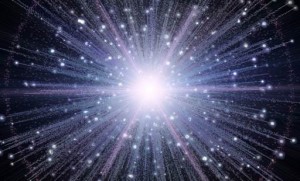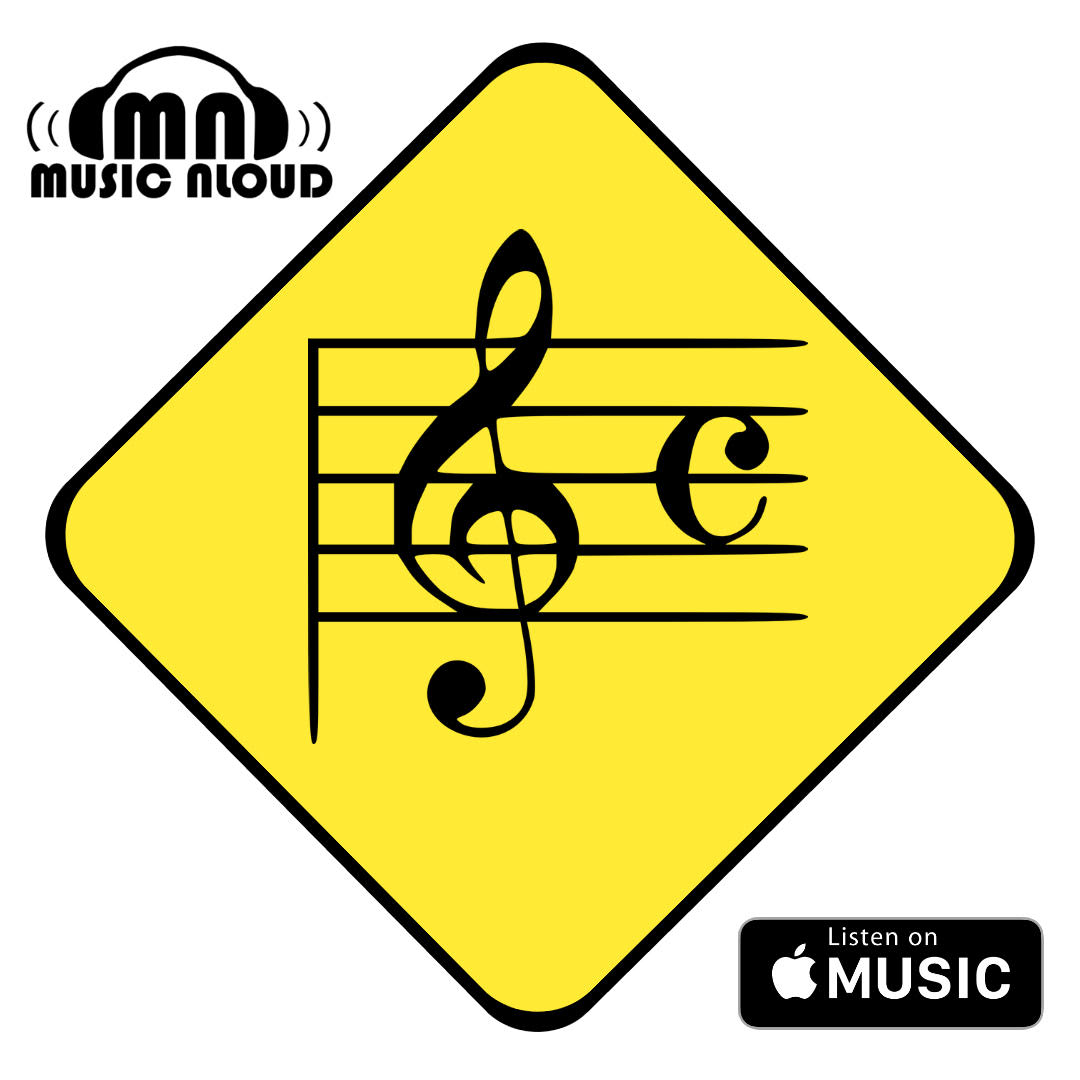Indian Classical Music is broadly divided into two forms — Carnatic and Hindustani, both respectively popular in South and North India. Both forms share their origins to the Sama Veda — if you get a chance to attend a ritual done in the Sama Veda tradition, do listen to the pattern of flow of its hymns. Very musical!
However, the credit for the ‘invention’ of Carnatic Music, as we hear it now, goes to Purandara Dasa — hence, it is Purandara Dasa who has been referred to, widely, as being the ‘Father of Carnatic Music’. The history of the Hindustani form of rendering dates back to the period of The Elamites in Persia — around 800 BC. Purandara Dasa has influenced Hindustani music as well — the foremost and arguably the most famous proponent of Hindustani music and court musician of Akbar the Great, Tansen‘s guru Haridas Swami was a student of Purandara Dasa! On a slightly different although relevant note, Alexander the Great apparently raided his victims’ palace not only of jewels and the like,but also of Ancient Persian musical instruments, which played key roles in religious affairs of the time.
The most important text on music is Bharata Muni’s Natya Shaastra. Written circa 3rd century CE, the work deals extensively with music, dance, drama and also each of the emotional responses that the mind produces viz. a viz., the Nava Rasa’s ( lit. the Nine expressions)
All the technicalities — definitions of ‘raaga/raag‘, ‘taala/taal‘ etc — shall be taken care of in the forthcoming posts. This write-up was just to give you a very basic idea of the respective origins of the two branches. Little by little, we shall try and cover the entire spectrum of music (though, as they say, music is endless!).
Next post shall be about what a Raag/Raga is, different forms of compositions in each form — Varnam, Geetham etc in Carnatic. Dhrupad, Khayal etc in Hindustani. So, keep watching this space for more!





Hard Rock \m/
Music is endless..Mathematically … Infinity of Infinites . Uncountable infinity . Beginning from any particular note , u can hav an uncountably infinite number of kritis , counting the real nature of frequencies(notes) and time.
I always wanted to learn classical music…but smhw coudn’t learn it…
now i knw where to reach out… 🙂 thanks for the write up 🙂
awesome effort this! will watch this space for more